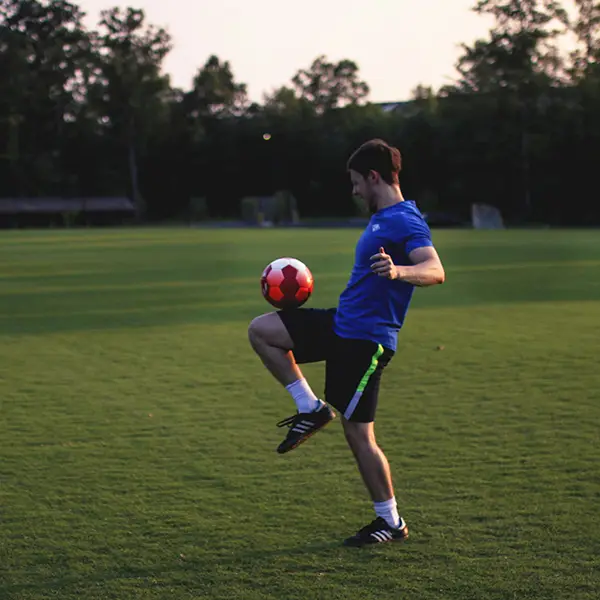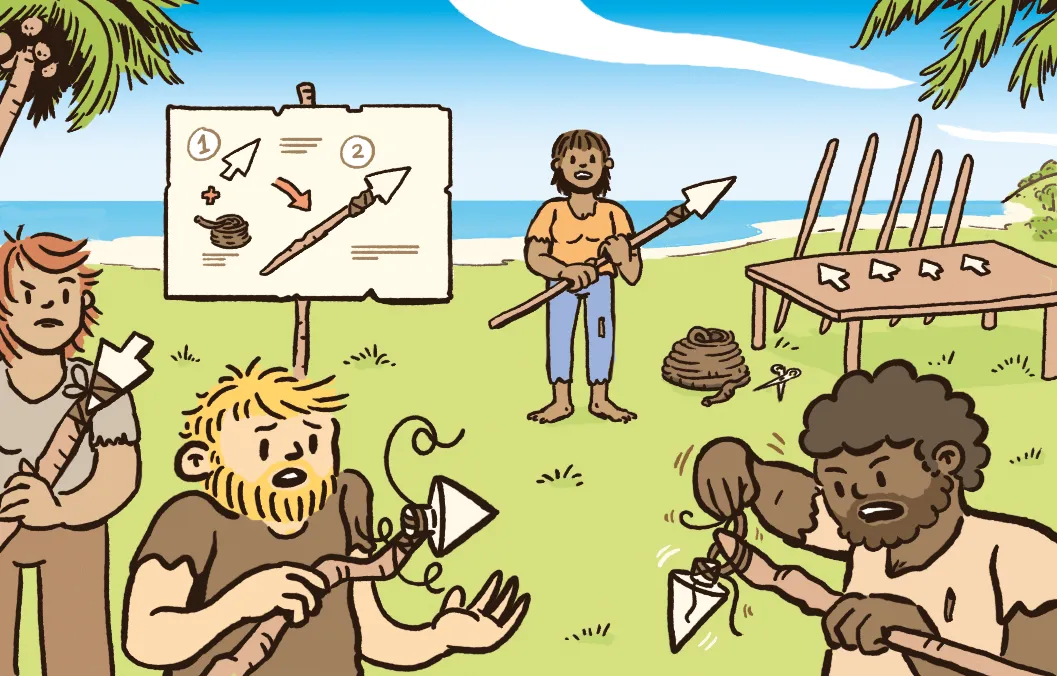Competence is about feeling capable and effective in what you do. It's the satisfaction that comes from using your skills well, tackling challenges successfully, and seeing yourself improve over time.
This need appears when you finally master a difficult recipe after several attempts, solve a complex problem at work using your expertise, or successfully negotiate a better deal because you prepared thoroughly. It's about having the right tools and knowledge for the job, whether that's parallel parking in a tight spot, helping your child with homework, or confidently leading a meeting.
Competence isn't about being perfect or the best at everything. It's about feeling equipped to handle what life throws at you. A new parent feels competent when they learn to soothe their crying baby, just as a programmer feels competent when they debug a tricky piece of code.
When this need goes unmet, you might feel helpless, frustrated, or like you're constantly struggling without making progress. But when you experience competence regularly—through work achievements, personal projects, or everyday problem-solving—you develop confidence in your ability to learn, adapt, and handle whatever comes next.






